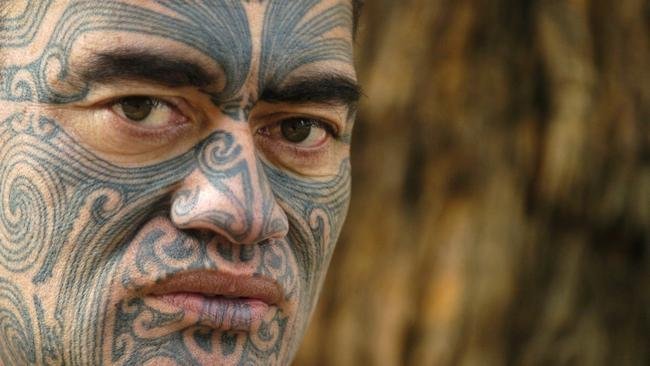Outrage as Māori Man, 24, is Banned from Gold Coast Venue Because of His Cultural Tattoo: ‘I’m Proud of My Heritage’
- Caleb Pokai, 24, was refused entry to The Tropic restaurant at Burleigh Pavilion because of his traditional Māori tattoo, or tā moko.
- The tā moko, which represents strength and his family’s ancestral heritage, was deemed “intimidating” by security guards.
- The incident has sparked outrage, with the Queensland Human Rights Commissioner saying that refusing service based on a cultural tattoo could be considered discrimination.
Caleb Pokai was looking forward to celebrating his friend’s birthday at The Tropic restaurant, part of the Burleigh Pavilion, earlier this month. But his night was ruined when security guards refused to let him in because of his traditional Māori tattoo, or tā moko.
The 24-year-old Māori man, who was born in Australia to Māori parents, was taken aback by the decision. “I was dressed nice, I was presentable, polite, and wasn’t intoxicated,” he said. “I should be able to sit down with a group of mates and eat dinner without having any dramas.”
But the security guards were unmoved, citing the venue’s dress code, which prohibits “intimidating, aggressive or offensive tattoos”. Pokai was shocked and disappointed by the decision, saying that his tā moko was “cultural art” and not intimidating.
“I’m proud of my culture, my tā moko represents myself, my family, where I’ve come from and what I’ve been through,” he said. “It’s not just a tattoo, it’s a part of who I am.”

The incident has sparked outrage, with the Queensland Human Rights Commissioner, Scott McDougall, saying that refusing service based on a cultural tattoo could be considered discrimination. “If a tattoo is a characteristic of a person’s race, including their ethnicity or religion, then refusing service, entry or treating someone unfavourably because of it could be discrimination,” he said.
Turumakina Duley, a tā moko artist, said that the process of receiving a tā moko was far more personal and involved than just sitting for a simple tattoo. “It’s become a healing modality for our people,” he said. “Each tā moko tells a different story and delves into the owner’s ancestral ties.”
The incident has highlighted the need for greater understanding and acceptance of cultural differences. As Pokai said, “I’m not just fighting for myself, I’m fighting for my culture and my people.”

